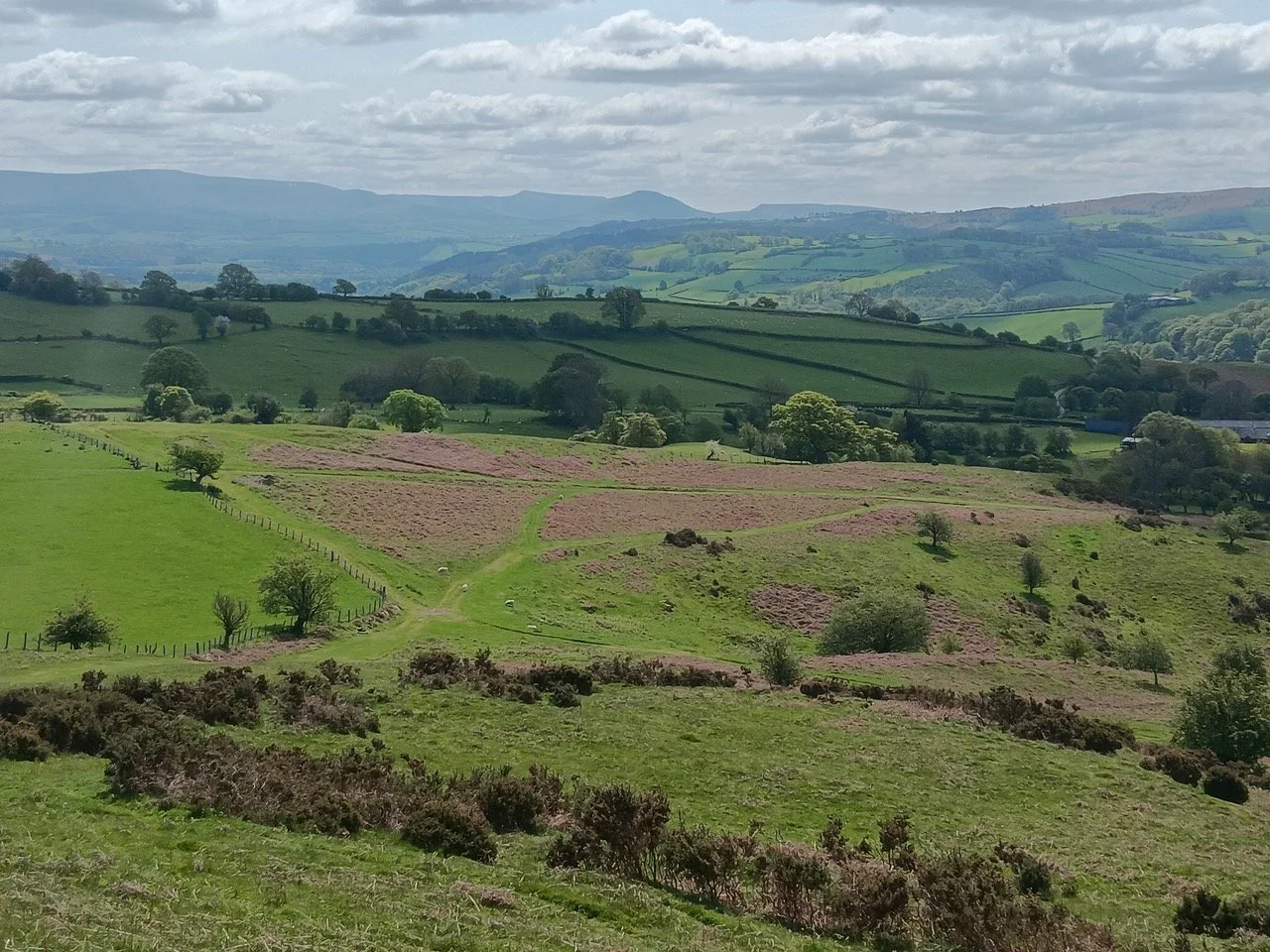It was really welcome to be able to attend an online briefing this week by the Welsh Government Bill team working on proposals for the Environmental Governance and Biodiversity Targets Bill, along with representatives of the UK Environmental Law Association ‘UKELA’ Wales Working Party, NGOs and other stakeholders.
This sort of open, high level explanation and discussion at an early stage is a good example of best practice: participants want the Bill to succeed, and want to be constructive. The Bill team explained that it is intended to cover -
Establishment of an environmental governance body for
Wales, comparable to the Office for Environmental Protection for England/Northern Ireland and Environmental Standards Scotland;Reincorporation in Welsh law of EU environmental principles, i.e.
Integration
Precautionary principle
Preventative principle
Rectification at source and
Polluter pays principle;Targets for the protection of biodiversity in Wales, recognising the nature emergency declared by the Senedd in June 2021, and the new Kunming-Montreal Global Biodiversity Framework.
It is expected that this process will result in a White Paper to be published in January 2024, with a 12 week consultation before legislation is introduced.
It is greatly to be hoped that the Welsh Government will not follow the stubborn resistance to constructive suggestions that characterised the UK government’s handling of both the Environment Act 2021 and the Retained EU Law (Revocation and Reform) Act 2023.
With the Environment Act 2021, the UK government wasted months of debate and goodwill resisting a properly independent framework for the Office for Environmental Protection, despite the clearest possible advice from the House of Commons EFRA and EAC Committees, subjected the environmental principles to control and interpretation by Ministers, introduced eccentric exceptions from the application of environmental principles to the armed forces and to decisions on taxation and spending, and kept far too much control of environmental targets and standards within the discretion of UK Ministers, who as we have seen apply a whole kaleidoscope of environmental policies as their governments change. My earlier series of blogs on that legislation detailed the unsuccessful efforts of a wide range of practitioners to argue for improved governance provisions -
https://www.wyesideconsulting.com/news/environment-act-2021-finally-passed
The Retained EU Law (Revocation and Reform) Act 2023 was an undemocratic bypassing of Parliaments and exclusion of public participation that did real damage by allowing Ministers to re-write law at will in any way that seemed appropriate to them, as long as it was deregulatory. Although that legislation has a huge potential impact on environmental legislation, it does not seek to improve any single environmental outcome – rivers, air quality, waste or anything else. We discussed the impacts of this legislation on Wales at an earlier UKELA event in March 2023 -
https://www.ukela.org/UKELA/iCore/Events/Event_Display.aspx?EventKey=68ea8a3a-1aa3-4ad9-ab3c-a7d18d6e4f23
So far, the Welsh Government shows signs of avoiding these political and legal dead ends. It is also encouraging that it will base its framework of Biodiversity Targets on the benchmark of international best practice in the Kunming-Montreal Global Biodiversity Framework, and it needs to be held to that when the consultation is launched.
Once it is established, there will be plenty for the new environmental governance body to do that is not currently within the powers of the Interim Environmental Protection Assessor for Wales. I suggested some possible priorities in recent evidence to the Senedd Committee on Climate Change, Environment and Infrastructure –
It might be worth starting with addressing the chronic state of Wales’ rivers, and the capacity for monitoring and enforcement of environmental laws by the NRW.

